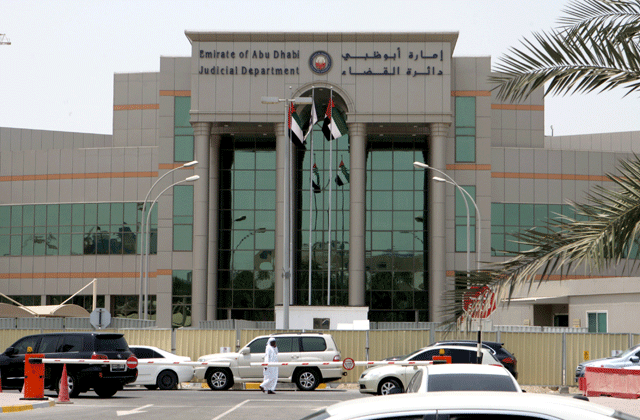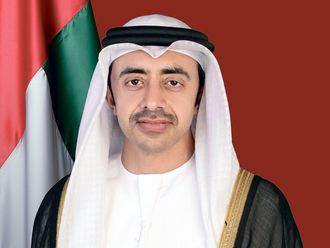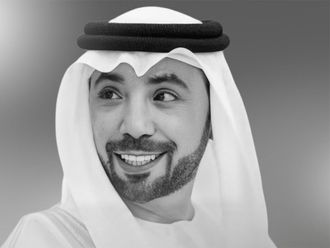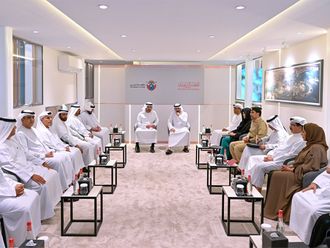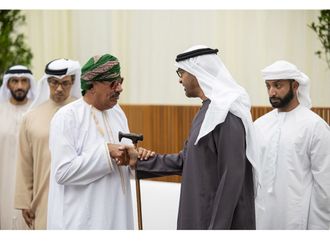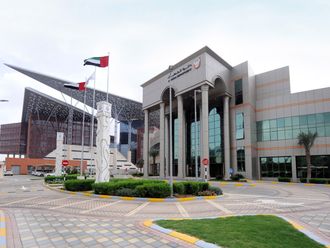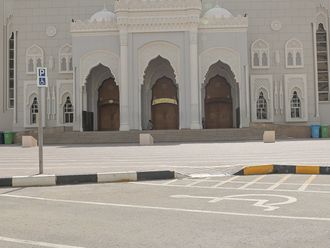Abu Dhabi: The UAE is “ready to join a coordinated international response” in the fight against the Islamic State in Iraq and the Levant (Isil) and Islamist extremists of all stripes across the region, Yousuf Al Otaiba, UAE ambassador to the US, said.
Writing in the Wall Street Journal, Al Otaiba said the international community needs to act now with a coordinated and sustained international effort to confront a threat that will, if unchecked, have global ramifications for decades to come.
“Any action must first begin with a clear assessment of the enemy. The Islamic State [of Iraq and the Levant] may be the most obvious and dominant threat at present, but it is far from the only one.
"An international response must confront dangerous Islamist extremists of all stripes across the region. This includes many groups already designated as terrorist organizations by the US government: Al Nusra Front in Syria, Ansar Al Sharia in Libya and Tunisia, Ansar Bayt Al Maqdis in Egypt, AQAP in Yemen and AQIM in North Africa,” Al Otaiba said.
Al Otaiba’s comments came ahead of US Secretary of State John Kerry’s Middle East tour to seek support for a number of initiatives that Washington hopes will undermine the militants.
The initiatives include efforts to stop the flow of money to Isil by tackling oil smuggling and cracking down on contributions from private donors, a senior US State Department official told reporters travelling with Kerry.
In talks in Jeddah with regional countries, Kerry will ask for help including overflight rights and using regional television news outlets, specifically Al Jazeera and Al Arabiya, to air anti-extremist messages.
“Islamic extremism has long been a Middle East problem but it is now the world’s problem too. It is a transnational cancer that has already metastasised into sub-Saharan Africa,” Al Otaiba wrote.
Otaiba stressed the coalition must also tackle the radicalised fighters’ support networks.
“A successful campaign to defeat Islamist extremism in the long term must confront the transnational networks and organisations that breed and support hatred and violence in the name of religion,” he said. He said more must be done to promote the true nature of Islam as a religion of peace.
“We must do more to promote the voices of compassion and respect over the shouts of hatred and fanaticism,” Al Otaiba wrote.


